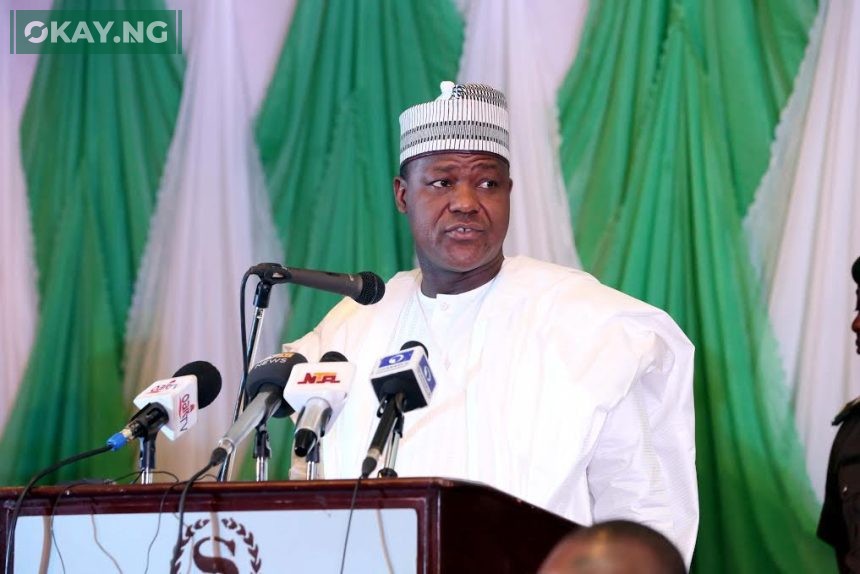Former Speaker of the House of Representatives, Yakubu Dogara, has called on northerners to rethink their opposition to President Bola Tinubu’s proposed tax reform bills, emphasizing their potential to uplift the region’s economy.
Dogara made his remarks during a Channels Television town hall meeting on Monday, addressing criticisms from northern governors, lawmakers, and stakeholders who claim the bills are anti-north and risk deepening poverty in the region.
Dogara challenged the narrative, urging critics to approach the reforms with an informed perspective. He highlighted the significance of the bills in addressing long-standing economic issues across the country.
“I don’t think this is the time for us in the north to condemn the president or label these bills as anti-north,” Dogara stated. “What the president has done is groundbreaking, especially with the establishment of the livestock ministry. This initiative holds immense potential for the north.”
Dogara spotlighted the untapped opportunities in the livestock sector, describing it as a game-changer for the region. He noted that the global market for dairy and beef is projected to reach $2.5 trillion in the next three years.
“If the north can organize itself to capture just 5% of this market, that’s $250 billion. With this, we don’t need VAT or revenue from other states to survive. The north is the most endowed region in Nigeria,” he argued.
READ ALSO: Obi supports tax reform, urges public trust, inclusiveness
The former speaker emphasized that the creation of a livestock ministry under Tinubu’s administration could position the north as a key player in the global agricultural value chain.
Dogara also dismissed claims that the federal government had not conducted adequate consultations before proposing the bills. He stressed that the priority should be the substance and potential benefits of the reforms, rather than the political motives attributed to them.
The proposed tax reforms have sparked intense debate, with critics warning they could exacerbate economic challenges in northern states. However, Dogara’s remarks seek to shift the discourse towards exploring how the region can leverage the reforms to drive self-sufficiency and economic growth.
Dogara urged northern leaders and stakeholders to rise above partisan sentiments and consider the broader impact of the reforms. “This is an opportunity to unlock the north’s potential. Instead of opposition, we should be looking at how to harness these reforms for the benefit of our people,” he said.
As discussions on the bills continue, Dogara’s perspective highlights the need for a balanced dialogue, focusing on long-term gains for the north and the entire country.

 Health6 days ago
Health6 days ago
 Crime7 days ago
Crime7 days ago
 Comments and Issues1 week ago
Comments and Issues1 week ago
 Latest1 week ago
Latest1 week ago
 Comments and Issues1 week ago
Comments and Issues1 week ago
 Football1 week ago
Football1 week ago
 Comments and Issues1 week ago
Comments and Issues1 week ago
 Comments and Issues1 week ago
Comments and Issues1 week ago

